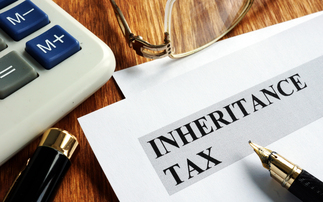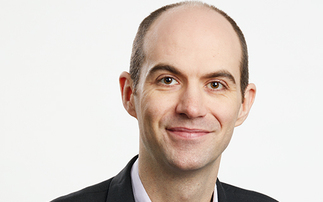
Richard Wyatt is a principal at Mercer and a member of SPP’s tax group and administration committee
The latest of the Society of Pension Professionals’ regular columns raises concerns over the way inheritance tax (IHT) regime proposals for pensions are framed.
Many expected the government to target pensions to fund the black hole in the nation's finances and, following the October 2024 budget, we now know that the inheritance tax (IHT) regime will apply to pensions from April 2027.
The policy is projected to raise around £3.5bn by the end of this parliament.
However you feel about the government's choice to use this route to raise revenue, the way in which the proposals are currently framed raises concerns for the pensions industry and the savers it serves, and not just those who will pay the tax.
HMRC consultation
HM Revenue & Customs (HMRC) have published a consultation on making pension schemes liable for reporting and paying any IHT that is due on unused pension funds and death benefits but are yet to confirm exactly which benefits are in scope. For example, whether lump sums paid on death-in-service are exempt, making it difficult for the industry to respond.
What is clear is that if the current operation of pensions following death is a square peg, the IHT regime is a round hole. The proposals on which HMRC is consulting would force one into the other.
Existing IHT deadlines are not compatible with pensions. The pensions tax regime's time limits begin when schemes become aware of deaths and accommodate the lengths of time it can take for probate to be obtained and benefits settled, sometimes extending to well over a year after death. By contrast, any IHT is due by the end of the sixth month after death, leaving schemes with the prospect of being liable to pay tax bills before they are informed of the death! Pension schemes should not be liable for penalties for late payment or reporting if they have been unable to obtain this information, and settling benefits must release schemes from the tax liability, lest they are left with an IHT bill and no pension assets to meet it.
In the age of Consumer Duty, the focus should instead be on what is best for the beneficiary and avoiding delays to payments, particularly for the majority who will not pay the tax.
The current process for settling lump sum death benefits is simple to understand and works well, with the beneficiary receiving the payment once a decision has been made. If any IHT is due, the beneficiary could then pay it directly to HMRC. For unused pensions, the government could introduce a facility for tax charges to be met directly from pension assets, similar to the existing "scheme pays" option available for those who incur annual allowance tax charges.
An alternative solution would be to make all payments above a certain level, which are not being paid to the spouse or civil partner, net of IHT. However, this may lead to beneficiaries losing out or tax not being reclaimed.
Clarity needed
The industry hopes that we receive the clarity that we need, and that the consultation leads to a more collaborative and balanced approach. There is a case for optimism: when the lifetime allowance tax charge was abolished, HMRC announced that schemes would need to begin paying death benefits net of tax due; this was similarly impractical and there are clear parallels with today's issue. In that case, HMRC listened to the industry and found a solution which worked for all.
If HMRC decide to backtrack from applying IHT, they could look at taxing defined contribution pensions on death before age 75, removing an anomaly in the existing pensions tax regime, as previously suggested by the SPP's tax committee. But that seems too straightforward.
Richard Wyatt is a principal at Mercer and a member of SPP's tax group and administration committee







